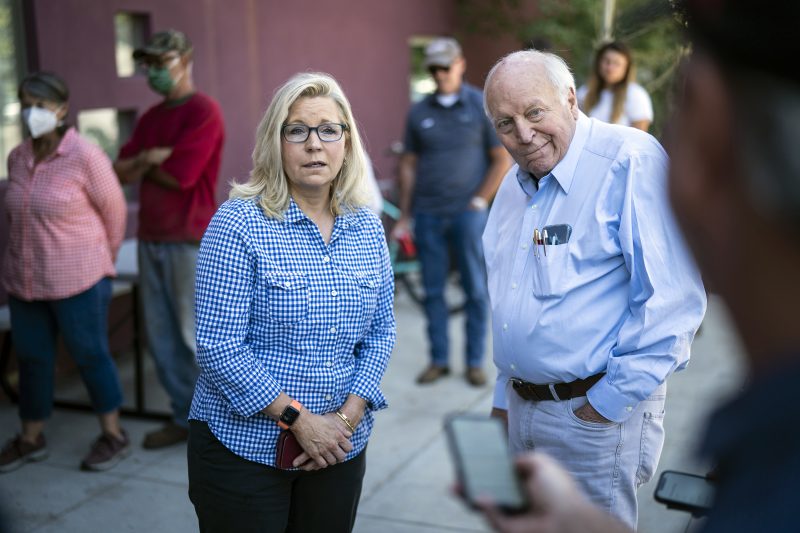In the realm of politics, strategic alliances and endorsements play a crucial role in shaping the landscape of electoral campaigns. A recent trend observed in the political arena is the quiet courting of big-name GOP endorsements by the Harris campaign team. This covert strategy has not gone unnoticed, as it could potentially shift the dynamics of the upcoming elections significantly.
One of the key aspects of this approach is the element of surprise. By quietly reaching out to prominent figures within the Grand Old Party (GOP), the Harris team is able to avoid unnecessary attention and speculation that could arise from more public endorsement-seeking efforts. This tactic allows for a more organic and spontaneous endorsement process, as it gives potential endorsers the freedom to consider their decision without being pressured by external factors.
Moreover, the decision to court big-name GOP endorsements reflects a strategic understanding of the current political climate. In an increasingly polarized environment, crossing party lines to secure endorsements from opposite ideologies can signal a sense of unity and bipartisanship that resonates with voters across the spectrum. By appealing to a broader base of support, the Harris team aims to convey a message of inclusivity and cooperation, positioning themselves as a unifying force in a divided political landscape.
The impact of securing big-name GOP endorsements can be far-reaching. Not only does it lend credibility and validation to the Harris campaign, but it also has the potential to sway undecided voters and independents who may be swayed by the endorsement of a respected figure from the opposing party. Furthermore, it could signal a shift in the traditional political alliances and allegiances, paving the way for a more collaborative and cooperative approach to governance.
However, this covert courting of GOP endorsements is not without its risks. In a highly volatile political climate, alliances and endorsements can be seen as betrayals or signs of weakness by staunch party loyalists. The Harris team must tread carefully to ensure that their outreach efforts do not alienate their base or create internal rifts within their own party. Balancing the need for bipartisanship with the demands of party loyalty is a delicate dance that requires finesse and strategic planning.
In conclusion, the quiet courting of big-name GOP endorsements by the Harris campaign team represents a bold and calculated move that could have significant implications for the upcoming elections. By appealing to a broader base of support and signaling a commitment to unity and collaboration, the Harris team is positioning themselves as a formidable contender in the political arena. However, navigating the complexities of cross-party endorsements requires careful navigation and foresight to avoid potential pitfalls and backlash. Only time will tell how successful this strategy will be in shaping the outcome of the elections and steering the course of future governance.

